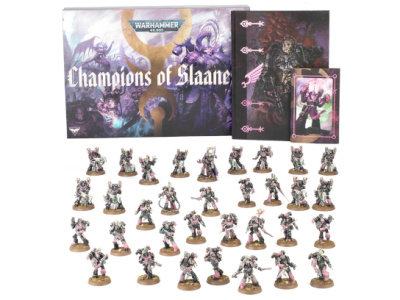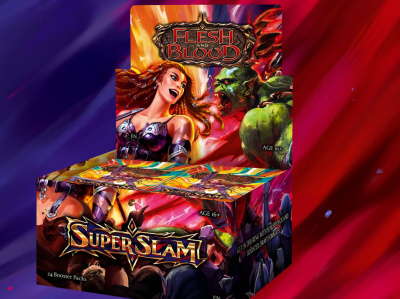 Andy Vetromile, a freelance writer, editor, and developer in the gaming industry, read Dan Yarrington's recent column on too many games and the value of game demos (see "Get In The Game--Too Many Games...Too Little Space") and wanted to share a few helpful tips.
Andy Vetromile, a freelance writer, editor, and developer in the gaming industry, read Dan Yarrington's recent column on too many games and the value of game demos (see "Get In The Game--Too Many Games...Too Little Space") and wanted to share a few helpful tips.If a shop is interested in hearing more about certain games but doesn't want missives about it to get lost in the shuffle, they should at the very least create an E-mail address solely for use by the shop and those companies they choose to connect with, rather than filter out what they need from the (presumably) public and more generalized store address.
A shop that wants to have some say during the development process needs its own play-testing group, which cold be drafted from the customer base, preferably the very people they want to talk up games. This should be separate from just anyone who would buy the game since that person would get their own comp copy when it comes out anyway. The group should be reserved for those who don't simply purchase games but who are known to proselytize their preferences.
Further, to get the games out for such testing far enough in advance of the street date, the shops and publishers might consider partnering with one of the many companies on the web who now produce various game components for enthusiasts and would-be game designers. That would allow for the creation of better prototypes without the commitment to a full (and expensive) product release, to say nothing of widening the net and spurring the industry's economy. The prototype itself later becomes a prize for favored play-testers; a display for shops to create general interest, drive advertising, and generate word of mouth (for the shop, the process, and the game); or an auctionable item for a charity event.
The opinions expressed in this article are solely those of the writer, and do not necessarily reflect the views of the editorial staff of ICv2.com.







